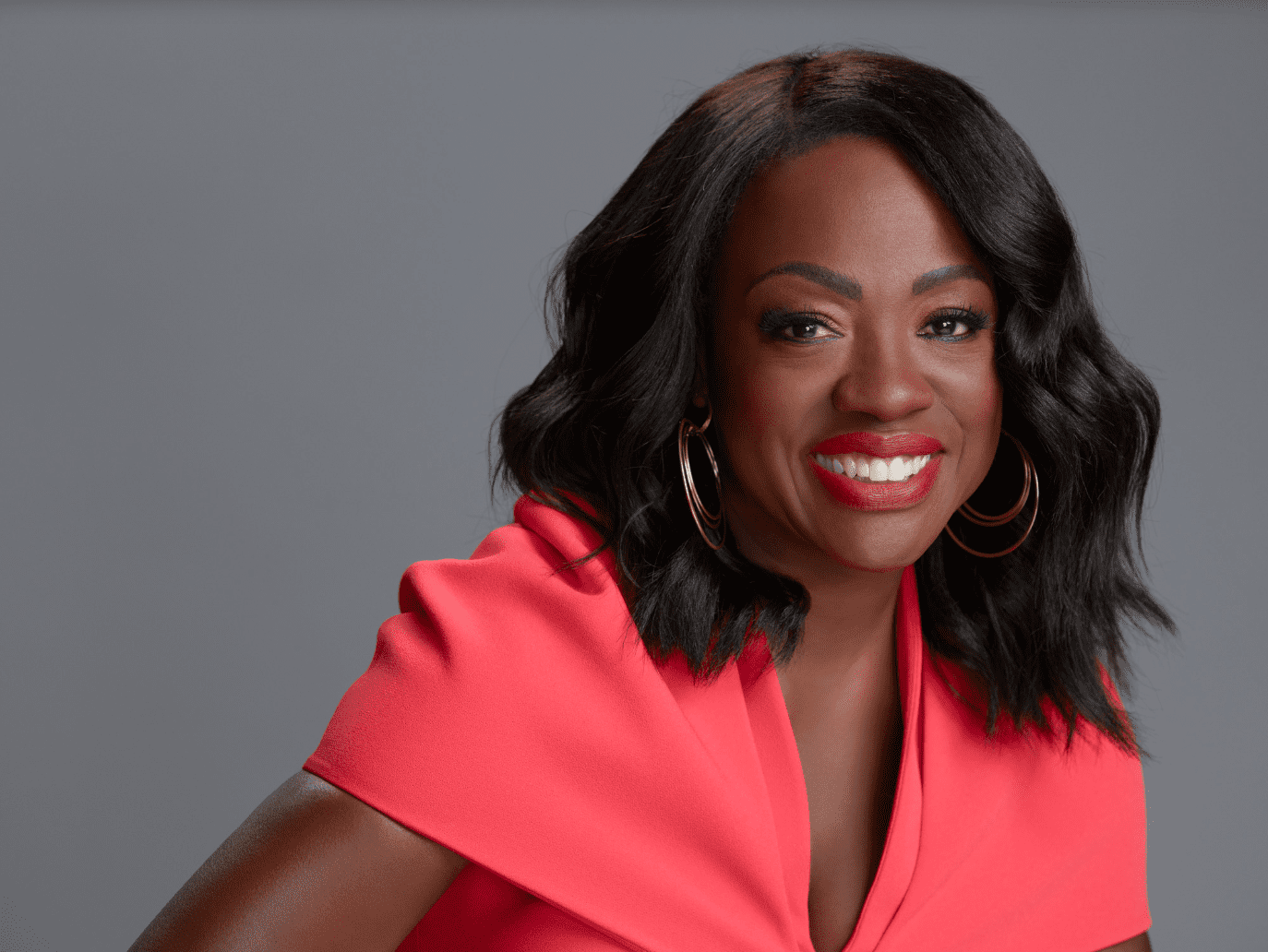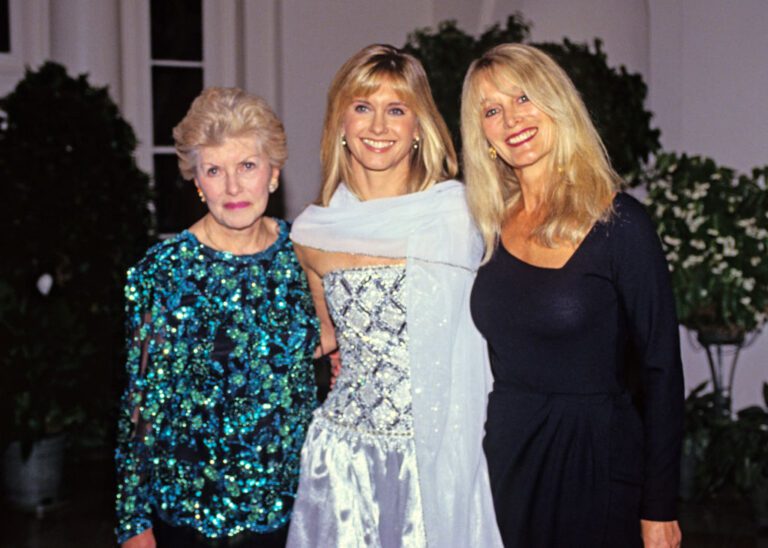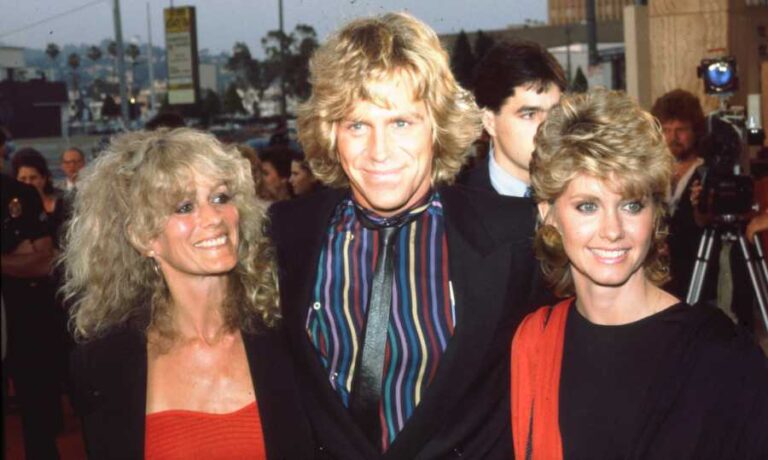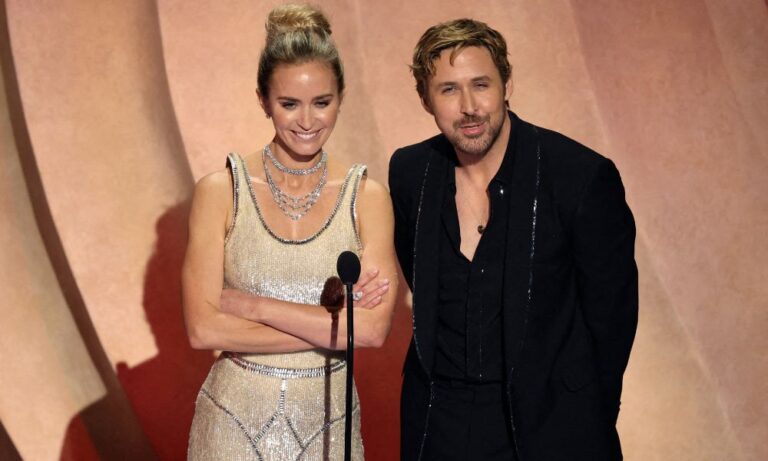After earning both a Tony and an Oscar for her role in the Broadway revival and movie adaptation of the August Wilson play Fences and becoming the first Black actress to win the Primetime Emmy Award for Outstanding Lead Actress in a Drama Series for How to Get Away with Murder, she is taking on her most challenging role yet. Davis stars as ‘Nanisca’, a general of the all-female military unit known as the Agojie, in the film The Woman King, helmed by director Gina Prince-Bythewood (The Secret Life of Bees) and produced by Academy award-winning producer Cathy Schulman (Crash) along with Davis’ Juvee Productions, from a script written by Dana Stevens (Safe Haven).
The Woman King tells the true story of the Kingdom of Dahomey, one of the most powerful African states in the 18th and 19th centuries. As Nanisca, Davis’ acting talents are on display, along with a showcase of how she transformed into a powerful fighter at the age of 56. We caught up with Davis in Los Angeles shortly before the premiere of The Woman King. These are edited highlights from that conversation.
What attracted you to the role of Nanisca as an actor and to the film, in general, to come on board as a producer?
Well, the film in general is, for me, it’s quite obvious. I feel like the role really spoke to me as a Black woman in terms of tapping into every aspect of me: my strength, my vulnerability, my history, my femininity, my mess. It was a role that encapsulated me. And what attracted me to the project is that I’m someone who’s always looking for her agency. I want my identity that’s separate from how so-called Hollywood or white Hollywood has identified me. I want to identify myself, and it was also a project that I could do to lift up other Black women with me and shine a light on their talent and their gifts, and shine a light on a part of our history that has never been told or even known.
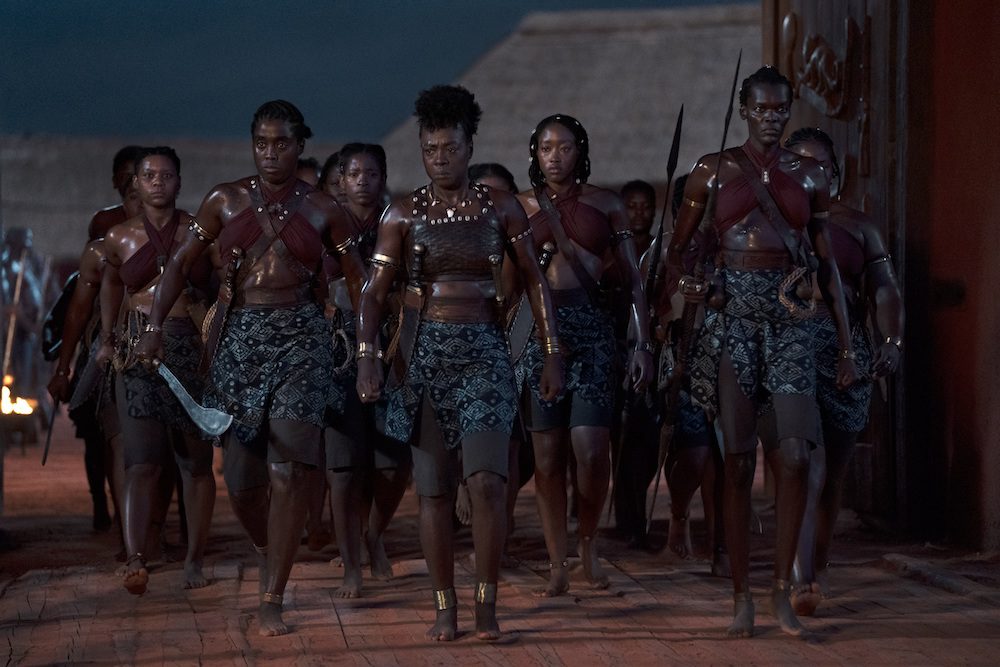
Were you familiar with the Agojie warriors before the project and what would you say are some major characteristics that you related to when it came to Nanisca?
I was familiar with them but it was a big mystery to me. Sort of like something that you’d heard about in a distance, but never really researched until I got the movie. The characteristic is the understanding of the role of leadership. Absolutely, without question, you have to be the person that jumps through the plate of glass first, and she understands that. I understand how much my work and what I do identifies me, and I’m also someone who is always sort of reconciling her past.
This role is very physical and different from how we’re used to seeing you. What did you do to prepare for the role?
Well, I’m a very muscular woman, anyway. I did an hour and a half of weight training five days a week and two and a half hours of martial arts after the weight training. That was the physical aspect of it. And I told you I was… I’m 56, right? So it was heavy-duty weight training, too, because they really wanted me to look ultra strong. And then, learning how to do hand-to-hand combat and use the machete, because that was Nanisca’s main weapon.
Were there any injuries along the way, or a time when you felt like you didn’t want to fight?
Yeah. There was one injury, but that was before I even got started. I tore my ACL. But I’m really tough. It really didn’t bother me during the training or anything. I had a really sore arm from just swinging the machete.
Did you have any stunt doubles?
I did have a stunt double. Everyone has a stunt double to do certain things, but I would say 96% of it, I did myself.
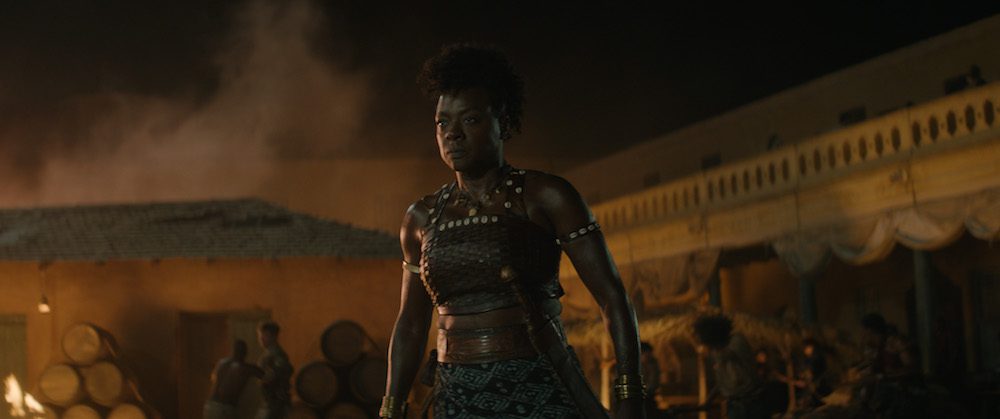
Was the physical aspect the most arduous part of filming, or just getting into that character?
For me, the physical part was the most arduous part of it, but that’s really semantics. Because the dialect, the acting, being in Africa, which was tremendous. It was one of those roles where every aspect of the role was operating at a hundred percent. But for me, yes, the physical was very, very difficult.
How do you think the story of the Agojie warriors correlates with present-day Black
women?
Black women, we are the backbone of our society. In fact, women, in general, are the backbone of any community, of any family. You know, we’re the ones who take care of the children. If you study tribes in Africa, they’re the ones who go out and forage for the food. We’re the glue that holds the family together. We’re the heart and the soul. The vulnerability, that feminine energy is, I mean, we’re seeing it now so much. And I just have to say, and maybe because we’ve faced so much adversity as Black women, we get the job done knowing that no one is going to have our backs. We’ve saved elections. We’ve saved movies. We’ve saved our children. We’ve saved our marriages and our families, and we’ve done it a lot of times solo. So, that’s the role we play, and I always pray for the day that people see that. But even if they don’t, it’s okay.
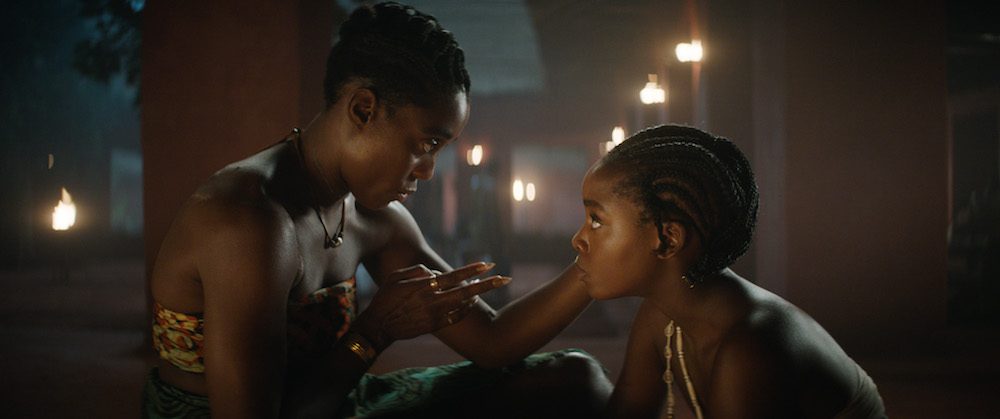
How did it feel with working with such a stellar cast of women?
You know what? It was the joy of my life. It really was. There’s a saying out there now, especially for older actors that have sort of known the road, that your ceiling is their floor. And that’s what it felt like. I felt like the baton that we’re passing to this younger generation of talent is so unbelievable when you see the gifted people who are grabbing a hold of it, and they’re running their leg of the race. That’s what it felt like watching them. You saw the future, the confidence, the self-love, the assuredness of their vision and purpose. They were just a joy to work with, in general.
What is your biggest takeaway from this film and what do you want the audience to take
away from it?
I just feel like I can’t dictate how people feel and how they receive things. You can just plant a seed. But I want them to take away our expansiveness as Black people. I want them to take away not just our expansiveness in how we have contributed to history, our strength, our ingenuity, our excellence, our talent, our intelligence, our agency, but also how complicated we are, how vast we are as human beings. I want them to see us as human beings, not just as a metaphor, and an image, or an anomaly. That’s what my takeaway is.
Bow down to the most exceptional female warrior to ever live. Viola Davis is #TheWomanKing. Watch her rise exclusively in cinemas October 27.
MiNDFOOD Promotion


